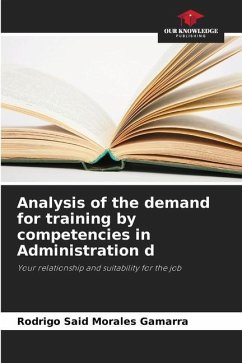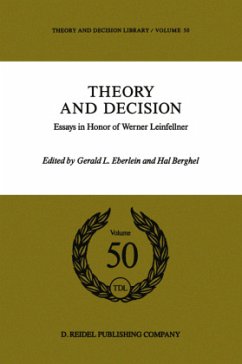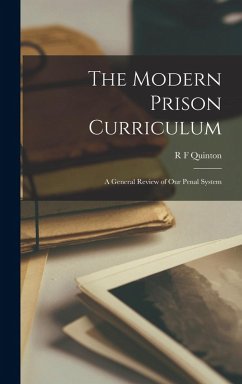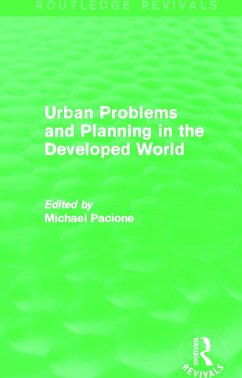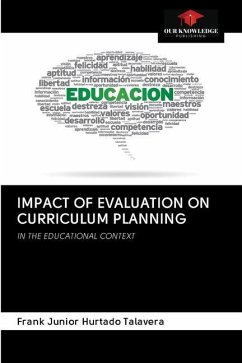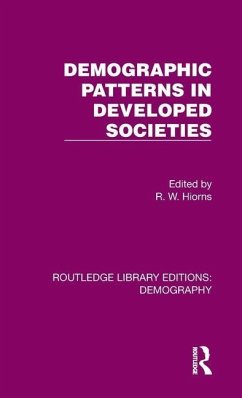
Core Competencies can be developed through the curriculum
Achievement of Core Competencies for Working Life
Versandkostenfrei!
Versandfertig in 6-10 Tagen
27,99 €
inkl. MwSt.

PAYBACK Punkte
14 °P sammeln!
In the context of Technical Vocational Education, the Dual Mode has been a commitment of the Chilean Ministry of Education to improve Technical Vocational Education in Secondary Education. The change has involved a curricular innovation around the development of basic competences where, in addition to the teacher and the traditional classroom, other agents and other scenarios share the task of teaching. In this context, this research, according to its objectives and methodological formulation, describes the characteristics of the Dual Professional Technical Training of the Administration speci...
In the context of Technical Vocational Education, the Dual Mode has been a commitment of the Chilean Ministry of Education to improve Technical Vocational Education in Secondary Education. The change has involved a curricular innovation around the development of basic competences where, in addition to the teacher and the traditional classroom, other agents and other scenarios share the task of teaching. In this context, this research, according to its objectives and methodological formulation, describes the characteristics of the Dual Professional Technical Training of the Administration specialty of the Monseñor Guillermo Carlos Hartl Educational Complex in the commune of Pitrufquén, Chile. The aim is to investigate the effectiveness of the integrated curriculum through the evaluation of the achievement of the basic competences of students in the 4th year of that specialty (with Dual Modality), in direct relation to the required graduate and professional profile and in contrast,with that of students of the specialty of "Electricity", without the Dual Modality.



